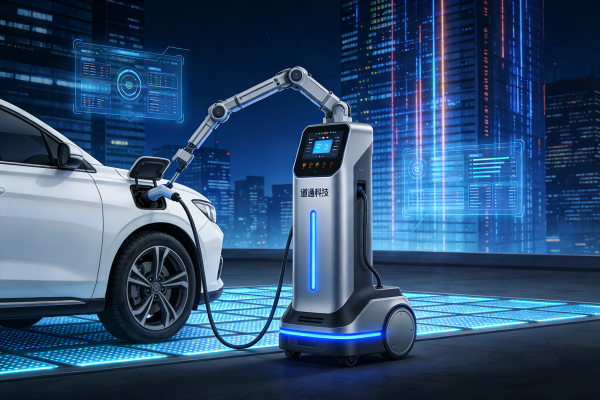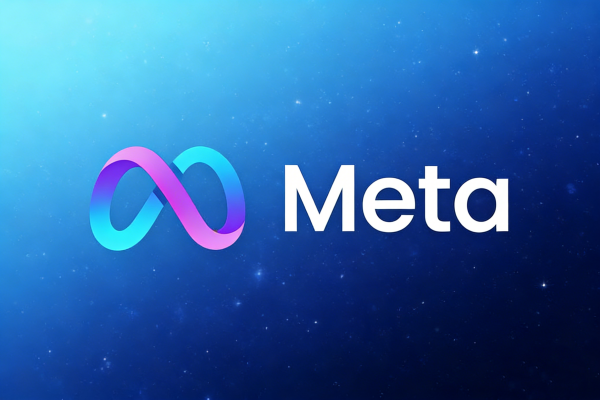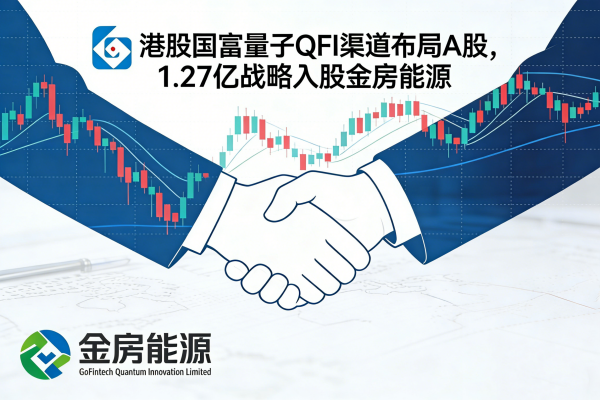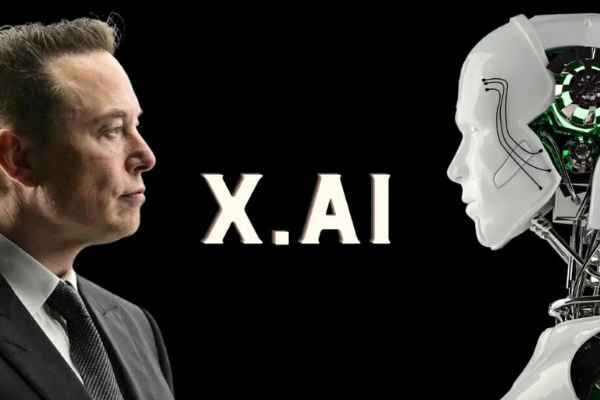Alibaba's Wu Yongming: Actively promoting 380 billion AI infrastructure construction, and plans to add more investment
The 2025 Yunqi Conference kicked off in Hangzhou on September 24th. In his speech, Wu Yongming, Director and CEO of Alibaba Group and Chairman and CEO of Alibaba Cloud Intelligence Group, noted that in the future, the number of intelligent agents and robots may exceed the global population.
They will work collaboratively with humans and have a profound impact on the real world. Wu Yongming emphasized that achieving artificial general intelligence (AGI) has become an inevitable trend, but this is only a starting point.
The ultimate goal of AI development is to create artificial superintelligence (ASI) that can self-iterate and comprehensively surpass humans to address major scientific challenges such as climate change, energy, and interstellar travel.
He believes that the path to ASI can be divided into three key stages: the first is "intelligence emergence," in which AI acquires generalization capabilities through extensive learning from human knowledge; the second is "autonomous action," in which AI masters tool usage and programming skills, entering a new era of "assisting humans," which is also the current primary stage of the industry; the third is "self-iteration," in which AI connects to the entire physical world to achieve autonomous learning and evolution, ultimately achieving "superhuman" intelligence.
Wu Yongming further proposed that large models will constitute the next generation of operating systems, while AI cloud represents the next generation of computing. He predicted that in the future, there may only be five or six super cloud computing platforms left in the world.
Alibaba is currently fully committed to building AI infrastructure with a total investment of 380 billion yuan, and plans to further expand this investment.
To prepare for the arrival of the ASI era, Alibaba Cloud's global data center energy consumption is expected to increase tenfold by 2032 compared to 2022, the first year of generative AI. This also means that its computing power investment will increase exponentially.









